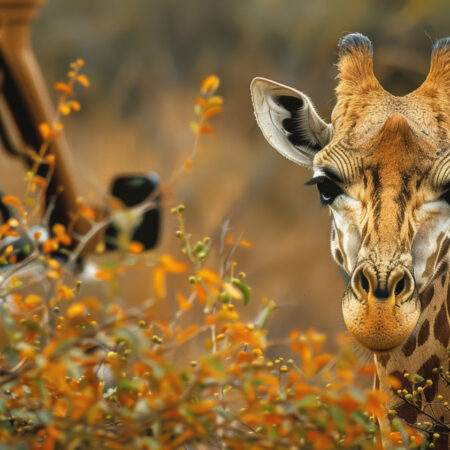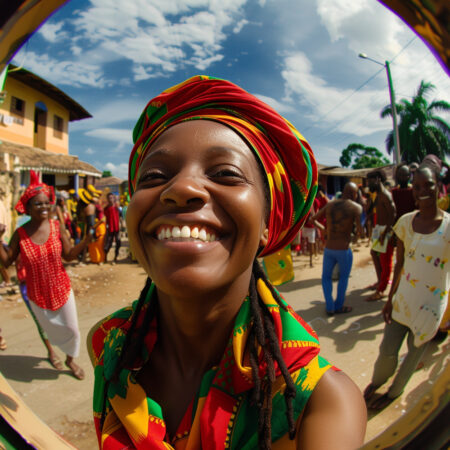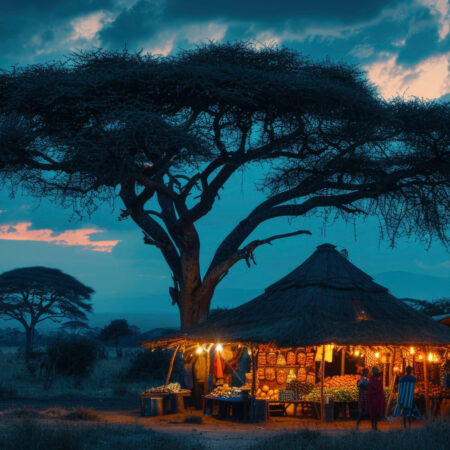Africa is a continent often misrepresented in popular media, but it remains one of the most vibrant, diverse, and culturally rich places on Earth. It’s a land of firsts, of natural wonders, of booming economies, and of enduring traditions. Here are ten fascinating facts that will give you a better understanding of Africa’s place in the world.
1. Africa is the second-largest continent.

Africa covers more than 30 million square kilometers, making it the second-largest continent in the world after Asia. It accounts for about 20% of the Earth’s total land area. With over 1.4 billion people, it is also the second most populous continent, and its population is growing faster than any other region.
2. Africa Has 54 Recognized Countries
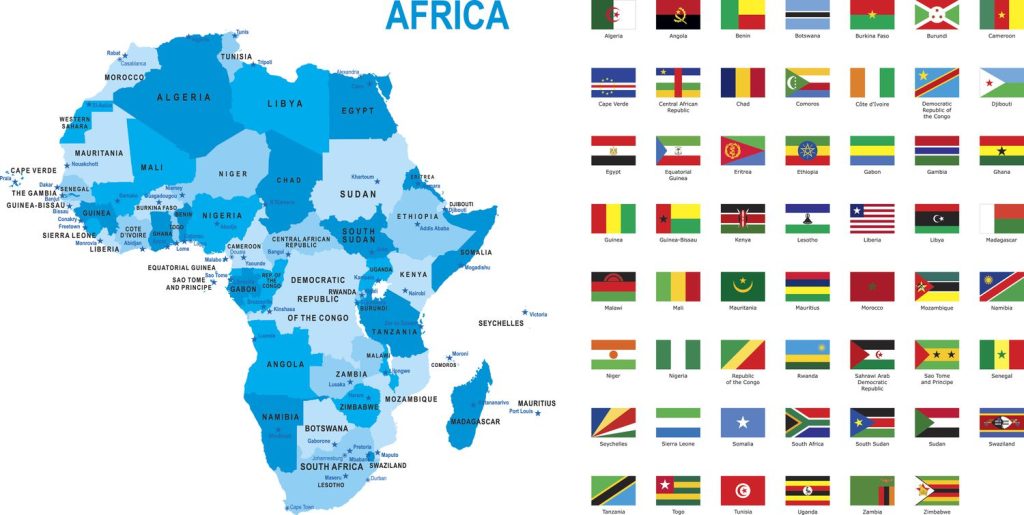
No other continent has as many countries as Africa. The African Union recognizes 55 member states, though 54 are fully recognized by the United Nations. This political diversity brings a wide range of languages, cultures, and governance systems.
3. Africa is the Most Linguistically Diverse Continent
Africa is home to between 1,500 and 2,000 distinct languages, grouped into several major language families such as Afroasiatic, Nilo-Saharan, Niger-Congo, and Khoisan. Countries like Nigeria have over 500 languages spoken within their borders.
4. The Sahara is the world’s largest hot desert.

Spanning 11 countries, the Sahara Desert is approximately the size of the United States. Despite its harsh environment, it supports nomadic communities and unique wildlife. Its dunes, rock formations, and oases are among the most iconic landscapes in the world.
5. Africa is the Cradle of Humanity
Fossil evidence from East Africa suggests that modern humans (Homo sapiens) first appeared on the continent nearly 200,000 years ago. Archaeological sites in Ethiopia, Kenya, and Tanzania have revealed ancient tools and remains that link us all to Africa’s earliest ancestors.
6. Africa Has a Young Population
Africa has the youngest population in the world, with a median age of around 19. This presents both challenges and opportunities, as governments work to provide education, healthcare, and employment for the youth. If properly harnessed, this demographic trend could drive future economic growth.
7. Africa is Rich in Natural Resources
From gold and diamonds to oil and cobalt, Africa is one of the richest continents in terms of natural resources. Countries like the Democratic Republic of Congo, South Africa, and Nigeria are major exporters of minerals and fossil fuels that are essential to the global economy.
8. Africa Has Stunning Biodiversity

Africa is home to the Big Five (lion, leopard, elephant, rhinoceros, and buffalo), and its national parks and reserves are among the most visited in the world. Countries like Kenya, Tanzania, Botswana, and South Africa offer incredible wildlife experiences.
9. Africa Hosts Some of the World’s Longest Rivers and Largest Lakes
The Nile River, which stretches over 6,650 kilometers, is considered the longest river in the world. Africa also boasts Lake Victoria, Lake Tanganyika, and Lake Malawi—each one known for its unique ecosystems and freshwater biodiversity.
10. Africa Has Growing Technological Hubs
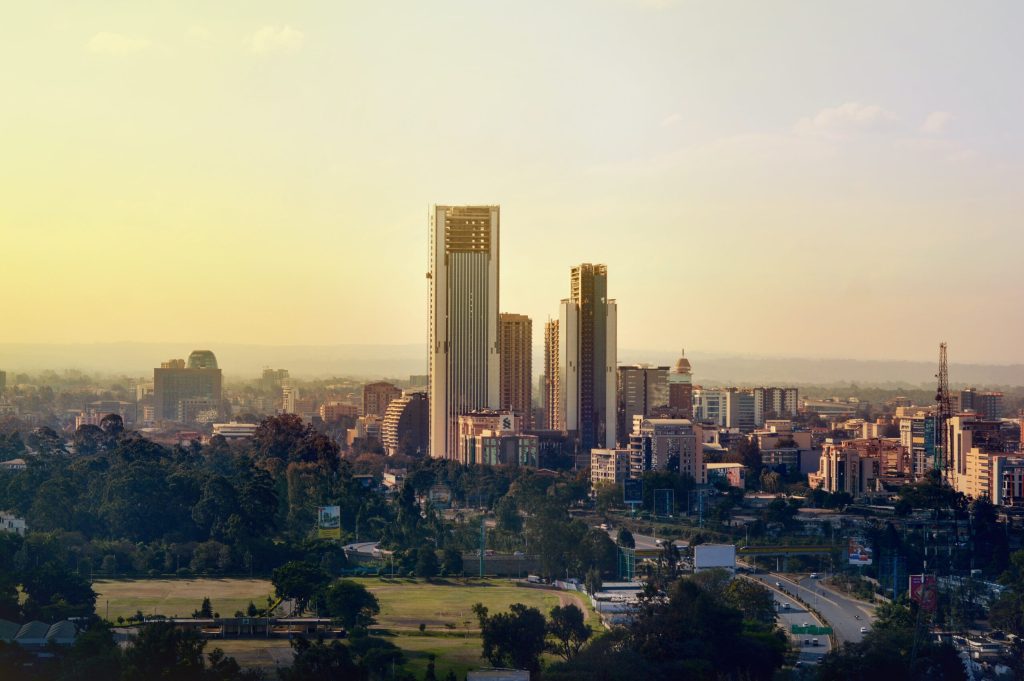
Contrary to outdated stereotypes, Africa is at the forefront of mobile technology and innovation. Cities like Nairobi (“Silicon Savannah”), Lagos, and Kigali are emerging tech hubs with startups solving real-world problems using homegrown solutions.
Africa is more than just a continent; it is a tapestry of cultures, histories, and possibilities. From being the birthplace of humanity to its current emergence as an innovation frontier, Africa deserves recognition for its contributions to the global stage. These ten facts only scratch the surface—there’s so much more to explore and appreciate.





